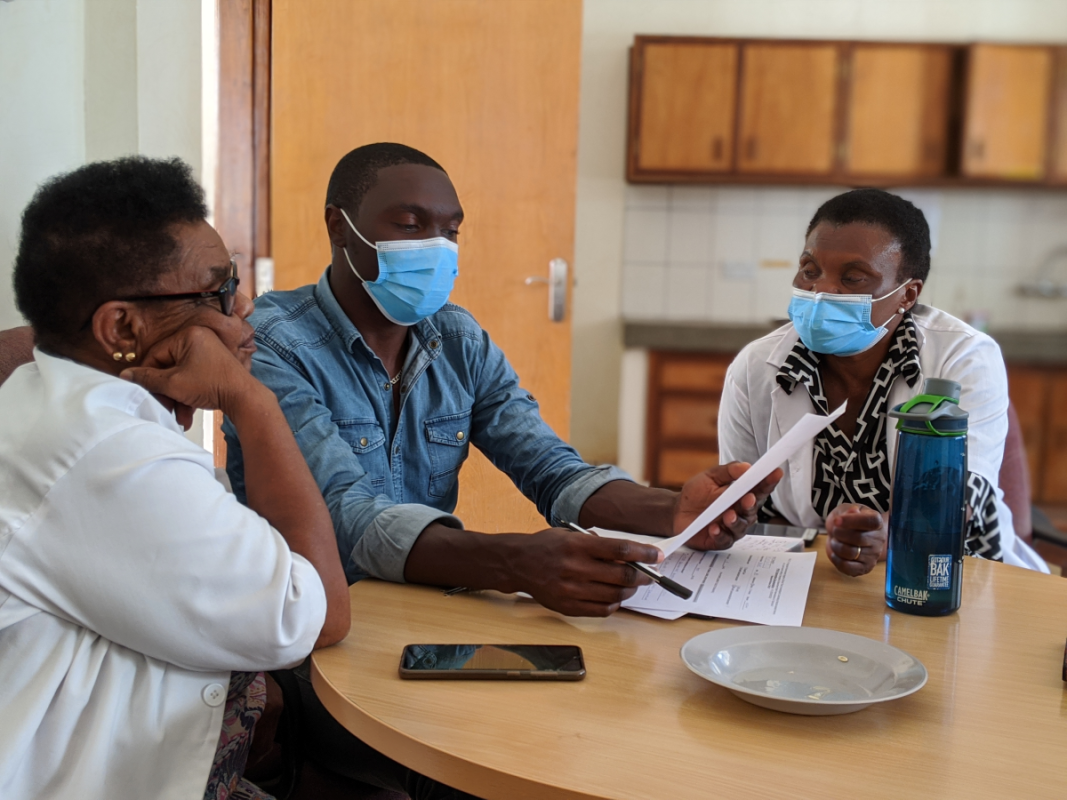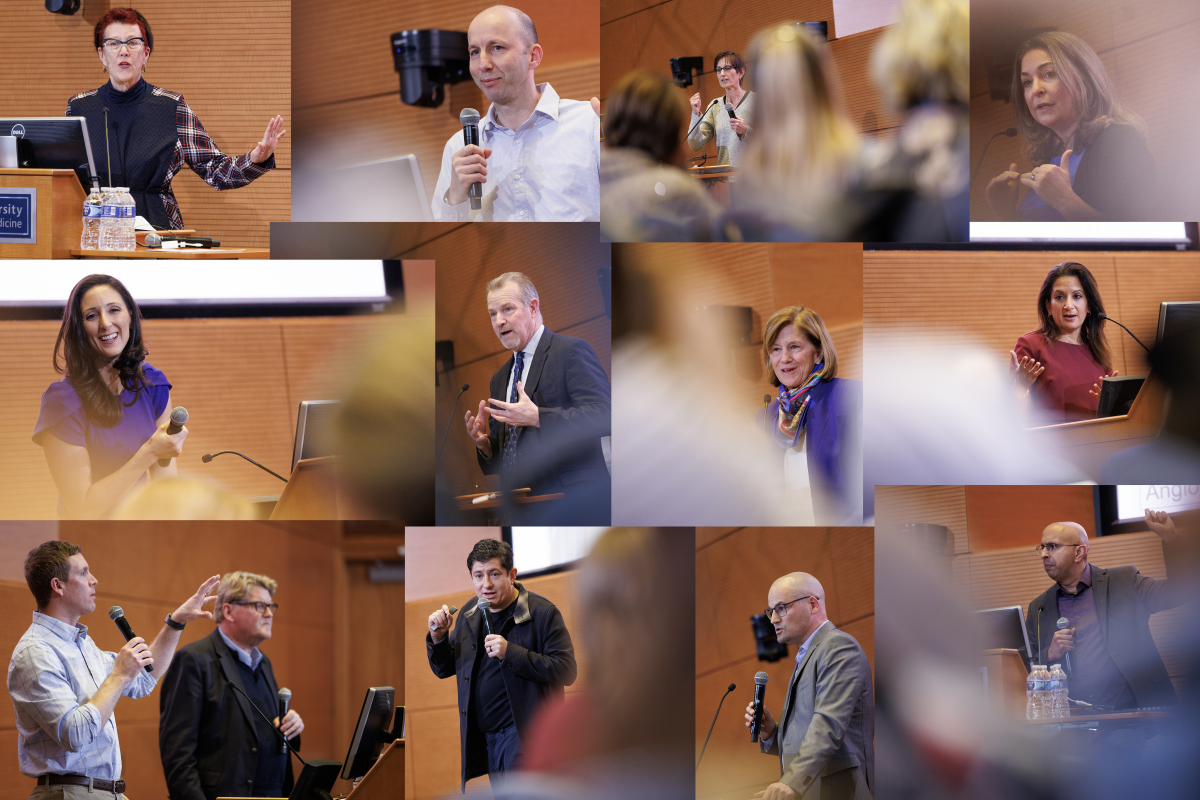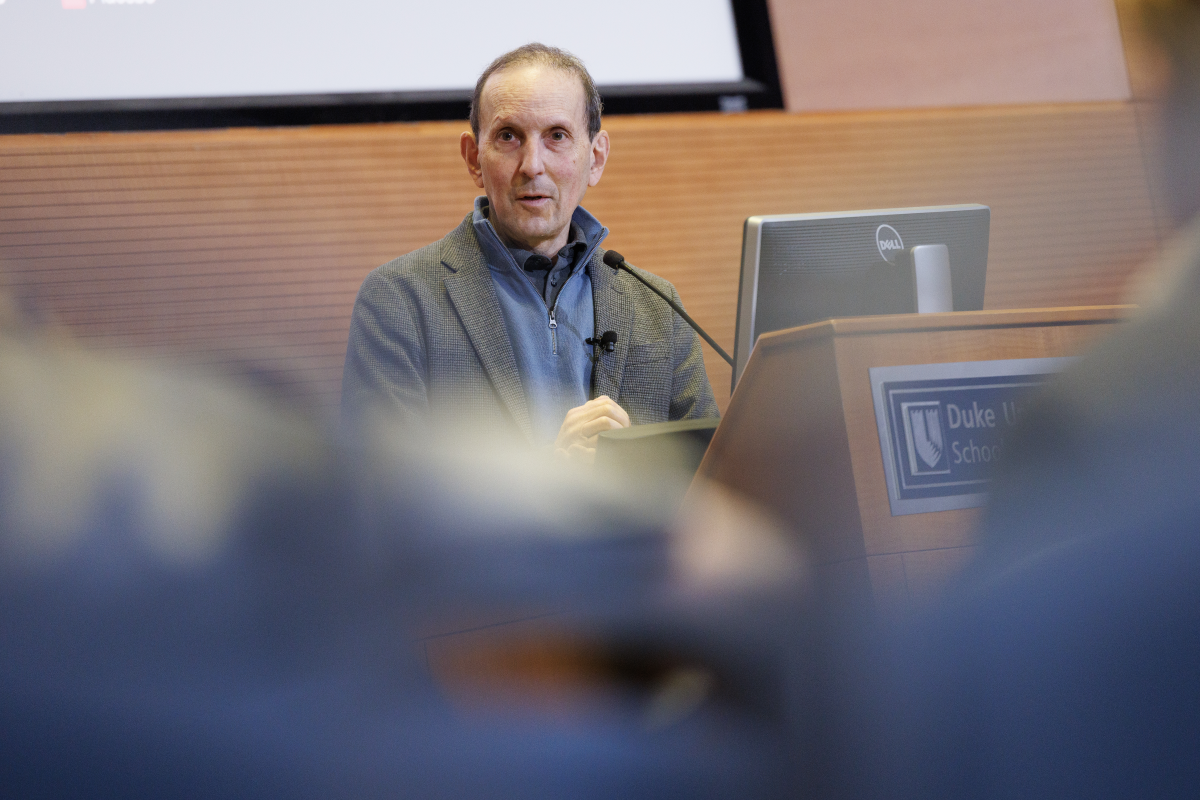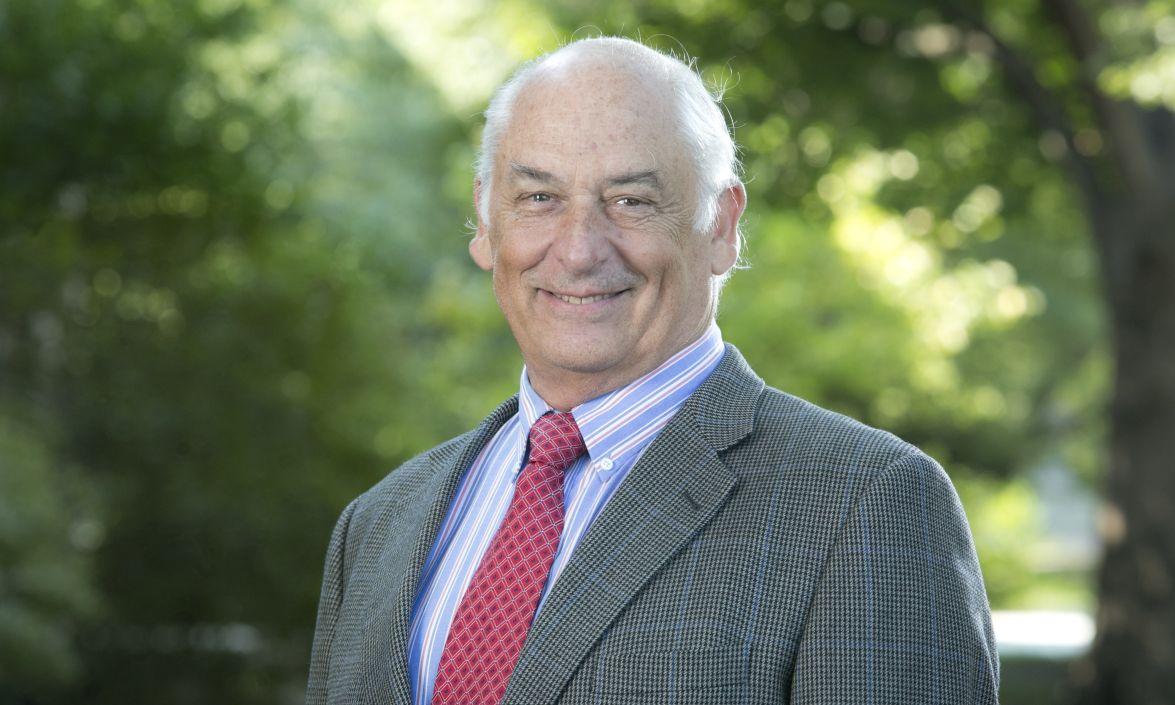Blue Chair Conversations featuring Coach Scheyer and Dr. Turek
Coach Jon Scheyer and Dr. Joseph Turek are made for teamwork. Head basketball coach at Duke University Jon Scheyer, and Chief of Pediatric Cardiac Surgery at Duke Health Dr.
Duke to lead statewide attempt to break world record for most CPR training in one day
On February 25, 2026, North Carolinians have a shot at making history. Duke School of Medicine is leading a statewide effort to break the world record for the most people trained in hands-only CPR in a single day. The event is taking place in 30 counties in NC as part of the Randomized Cluster Evaluation of Cardiac Arrest Systems (RACE CARS) trial, led by Duke cardiologist and researcher Chris Granger, MD. Participants will learn how to provide CPR from volunteer trainers from Duke and volunteers across the state at select locations. Community volunteers are aiming to train 30,000 people in participating counties that day, and if they achieve it, that’ll be a new world record.
Miao and Derbyshire elected to the American Academy of Microbiology
Two faculty in the Duke University School of Medicine have been elected as fellows of the American Academy of Microbiology. Ed Miao, MD, PhD, Duke Health Distinguished Professor of Integrative Immunobiology, and Emily Derbyshire, PhD, Eads Family Professor of Chemistry, who has a secondary appointment in the Department of Molecular Genetics and Microbiology, are among 63 new fellows elected for 2026.
Short conversations can curb drinking habits
Catherine Staton, MD, PhD, MsC, led a study demonstrating the effectiveness of a 15-minute alcohol intervention for trauma patients in Tanzania which led to an average of two fewer binge-drinking episodes per month. She is now seeking funding to expand the program to additional facilities across the country. Her work addresses the cultural aspect of alcohol in African social life while offering a practical, evidence-based intervention within emergency care settings.
Symposium highlights research on metabolism and health
This year’s symposium, “Metabolism and Health Across the Lifespan,” highlighted Duke research that informs efforts to extend and enhance both longevity and late-life health. Duke scientists addressed topics ranging from how to measure the pace of aging to how to train fat tissue, from neurodegeneration to the mechanisms that drive GLP-1 drugs.
The hidden risks of asking AI for health advice
While AI chatbots can deliver quick answers, their context-blind accuracy may mislead patients in ways that could be dangerous.
Drucker highlights power and limits of GLP1 medicines in Lefkowitz Distinguished Lecture
GLP1 and GLP2 medications have transformed diabetes and weight loss treatment, but they are still not “wonder drugs,” said
Dennis Clements to receive Kyle J. Cavanaugh Award for Leadership and Service
Dennis Clements III, MD, PhD, professor emeritus of pediatrics and adjunct professor of global health, will be honored in March with the Kyle J. Cavanaugh Award for Leadership and Service, which recognizes extraordinary contributions by Duke staff and faculty whose leadership has had a lasting impact on the university.
How climate disasters threaten the health of incarcerated people
A new Duke University School of Medicine study reveals how climate disasters intensify the already harsh conditions faced by people who are incarcerated. Published in the journal, SSM - Qualitative Research in Health, the researchers examined how climate disasters, such as hurricanes, floods, and extreme heat, uniquely impact individuals who are incarcerated, especially in settings lacking basic protections.









